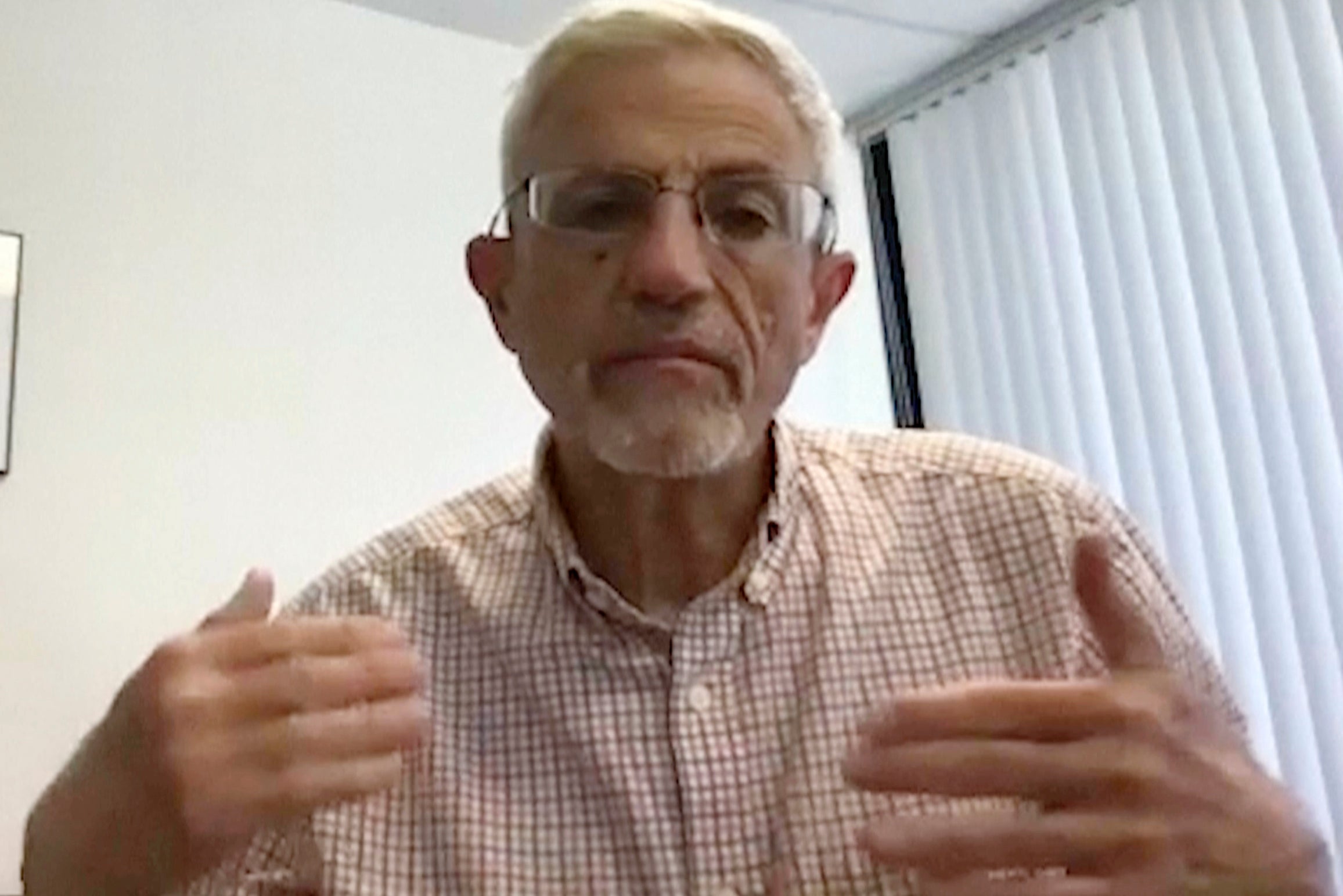A top government scientist engaged in research misconduct, NIH finds
A National Institutes of Health investigation has found research misconduct by a top neuroscientist

A National Institutes of Health investigation has found research misconduct by one of its top neuroscientists, the agency said Thursday.
In a statement, the NIH said the findings involve images in two studies co-authored by Dr. Eliezer Masliah, who in 2016 joined the agency's National Institute on Aging as its neuroscience division director.
NIH said images or “figure panels” that represented different experimental results were reused or relabeled in the publications. NIH said it would notify the two scientific journals of the findings “so that appropriate action can be taken.”
Masliah has long studied damage to synapses – junctions where brain cells communicate – in neurodegenerative diseases such as Parkinson’s and Alzheimer’s. He has published numerous scientific papers while at NIH and previously as a researcher at the University of California, San Diego.
NIH said it began investigating the allegations last year and notified the Department of Health and Human Services' Office of Research Integrity of the findings on Sept. 15. The statement said Masliah wasn’t currently serving as neuroscience division director, a position that oversees a broad swath of research projects funded by the aging institute.
Masliah did not respond to an email seeking comment.
NIH’s statement came as the journal Science published a news article detailing allegations of suspect images in more than 100 research papers published between 1997 and 2023 — including some that played a role in early development of possible medications — that were co-authored by Masliah.
___
The Associated Press Health and Science Department receives support from the Howard Hughes Medical Institute’s Science and Educational Media Group. The AP is solely responsible for all content.